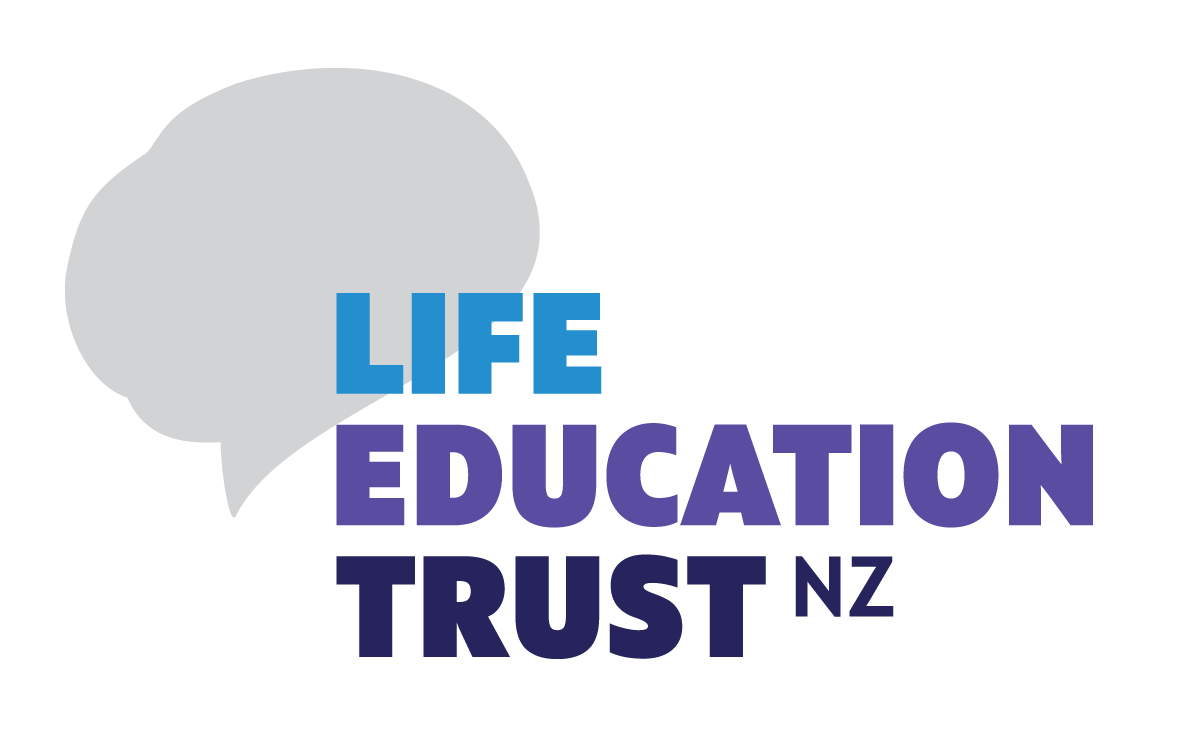What are Nutrients?
Nutrients are substances that our bodies need to live and grow. We get nutrients from the food that we eat.
What nutrients do we need?
Vitamins
- Vitamin A helps us to see well. It is important for growth, and for fighting infection. Good foods to eat include carrots, liver, milk, cheese, and butter.
- Vitamin C helps us to heal and to grow well. It helps us to absorb iron from foods that we eat. Good foods to eat include most fruits and vegetables, particularly citrus fruit and kiwifruit.
- B Vitamins are needed for metabolism by every cell in our body. Metabolism is the process in which a cell turns nutrients from food into energy. Good foods to eat include fruits and vegetables, whole grain foods, nuts, eggs, and milk.
- Folate is a B group vitamin which is important for healthy growth. Folate also helps red blood cells to form. Good foods to eat include green leafy vegetables, bananas, and oranges.
- Vitamin D helps us to absorb calcium for use in our bones. Our bodies make Vitamin D from sunlight, and we can also get some from eating oily fish (like salmon or tuna), and eggs.
- Vitamin E is good for all-around health. It may also protect us from some diseases. Good foods to eat include nuts, seeds, wheat germ, and fish.
- Vitamin K helps our blood to clot. We make most of the Vitamin K we need in our bodies, but we can also find it in green leafy vegetables.
Minerals
- Iodine is needed by the thyroid gland, which is located in the neck. The thyroid controls how much, and how fast, we grow - as well we helping our brains develop. Good foods to eat include seafood, dairy products, commercially produced bread, and eggs.
- Calcium is needed for strong bones and teeth, and a healthy heart. We need the highest amount of calcium in our diet while we are still growing. We get most of what we need from dairy products, but foods such as almonds and tofu also contain calcium.
- Iron helps us to make haemoglobin, or red blood cells, which carry oxygen around our body. Iron is also important for our immune system, which helps to fight disease. Red meat contains the most easily-absorbed iron, but we can also get it from eating tofu, beans, and mussels.
- Selenium acts as an antioxidant* in our body. It is an important part of the immune system, as well as being useful for our circulatory system. Selenium is found in cereals, eggs, meat, and nuts.
- Sodium is essential in our bodies to keep our levels of fluids and electrolytes** balanced. Our everyday diets may have more sodium than we need, and it is important not to eat too much. Foods which have less than 120mg of salt per 100g are 'low salt' foods; while those with between 120 and 600 are 'medium'; and those with over 600mg per 100g are 'high salt' foods.
- Zinc is only needed in tiny amounts by our bodies, but if we don't have it, we may have problems with our immune systems, and with growth. Good foods to eat to obtain zinc are seafood and lean red meat.
Carbohydrates
We get most of our energy from carbohydrates, in the form of breads, cereals, fruits, and vegetables.
Carbohydrates break down into sugars that our cells need for energy. Unrefined (wholegrain) carbohydrates are the healthiest for us, as they contain more vitamins, minerals, and fibre, which helps to keep our digestive systems working well.
Good foods to eat include fresh fruits and vegetables, and wholegrain breads and cereals.
Protein
We need protein for our bodies to grow and repair ourselves after an injury or illness. Protein is needed to form our muscles, hair, nails, skin, and organs. We need lots of protein when we are growing! Meat (both red and white meat) and dairy products contain the largest amount of protein, but we can also obtain it when we eat nuts, beans, and soy products.
Fat
We need fat in our diet. Some vitamins need fat to help them be absorbed, and fat is also needed to help build every cell in our bodies. A small amount of fat gives us a lot of energy.
Many foods we eat today contain more fat than we need, so it is important to think carefully about what we eat. The best fats to eat include those in fish, nuts, vegetable oil
(except coconut and palm oil), and soy products.
Fibre
Fibre helps our digestive system to work properly, and helps us to eliminate waste from our bodies. It is also good for the health of our heart and cardiovascular system, and helps us to feel full. Foods that are high in fibre include wholegrain breads, cereals, fruits, and vegetables.
Glossary:
*antioxidant: when oxygen in the body combines with other substances, a by-product called a ‘free radical’ is sometimes created, which can then be harmful to the body. An antioxidant can stop this process from happening.
**electrolytes: salts and minerals that keep the body’s levels of fluids and necessary chemicals balanced
Now you have read the Fact Sheet give Harold's Quiz a try!
Download PDF Back to resources
